The second stage of the historic plebiscite on Bangsamoro Organic Law (BOL) will be held on Wednesday. This plebiscite will give Bangsamoro comprehensive autonomy.
Bangsamoro is a collective term of Philippine Muslims who live on islands in the southern Philippines.
The freedom of Muslims in this region for centuries has been taken by Spain, which occupied and began to Christianize the Philippines in the 16th century.
However, after Spain’s domination defeated by the United States in 1898, Moro was invaded by the US.
Also Read: The Forty-Four-Days of Glory: Azerbaijan’s Struggle for Justice and Peace
In the era of the US invasion, Bangsamoro also faced difficult times due to the Christian settlement policy of Manila government.
Since then, many talks have been held between the Philippine government and Muslim groups, but they have failed to get a meeting point.
This condition has changed when Rodrigo Duterte became Philippines President in 2016.
Duterte accelerated the process in 2012, when President Benigno Aquino III and leader of the Moro Islamic Liberation Front (MILF) at that time, Al Haj Murad Ebrahim signed the Agreement Framework on Bangsamoro (FAB).
Also Read: Palestine Solidarity Month: A Collective Movement for Al-Aqsa and Palestine’s Freedom
The FAB is a roadmap for the final settlement that allows autonomous regions to be managed by Muslim minorities in the southern Catholic-majority country.
The MILF and Manila government also signed a Comprehensive Agreement on Bangsamoro (CAB) in 2014, paving the way for Bangsamoro Organic Law (BOL).
The 2014 agreement ended 17-year negotiations and ended decades of armed conflict in the south of the Philippines.
History of Plebiscite
Also Read: Hassan al-Turabi: A Controversial Thinker from Sudan
BOL was formally adopted on January 25 after the first round of plebiscite victory on January 21 which was the key to grant comprehensive autonomy of Moro Muslims.
The ratification of BOL means that the Autonomous Region in Muslim Mindanao (ARMM) in the southern Philippines will be replaced with the Bangsamoro Autonomous Region in Muslim Mindanao (BARMM).
More than 1.54 million people voted “Yes”, which qualified that more than 85 percent, to approve BOL, while around 190,000 reject the law.
The first plebiscite has held the provinces of Maguindanao, Lanao Del Sur, and the provinces of Basilan, Tawi-tawi and Sulu as well as the cities of Cotabato and Isabela.
Also Read: Who Exactly is the RSF Group Shaking Sudan?
Meanwhile, the second plebiscite will be held in six cities, Tagoloan, Balo-i, Pantar, Munai, Nunungan, and Tangcal in the northwest of Lanao del Norte and in 67 residential areas in North Cotabato.
They will be asked if they want to join the newly formed BARMM.
The second phase will ensure a larger BARMM area, and after this stage is completed, a temporary administration will be formed to bring the area to the election.
Bangsamoro Organic Law
Also Read: The Two-State Solution (Palestine–Israel) in Historical Perspective
Under the law, Islamic law courts will be applied in the region and the central government of the Philippines. It will transfer its administrative authority in Mindanao to the Bangsamoro government.
The waters in the Bangsamoro area will be managed simultaneously by the national government and the Bangsamoro government.
The autonomous government will be responsible for managing energy resources.
Muslims Moro will be free in their internal affairs, while they will be bound by the Philippines in foreign affairs, but having flexibility.
Also Read: Enchanted by K-Dramas, Dragged into Slander: Time for Muslims to Rise!
In addition, former Moro National Liberation Front (MNLF) fighters and the Moro Islamic Liberation Front (MILF) will be able to join the official Philippine forces. (AT/Sj/P2)
Sources: Anadolu Agency (AA)
Mi’raj News Agency (MINA)
Also Read: Creating Opportunity and Avoiding Misery; Lesson Learn on Waste Recycling Issue






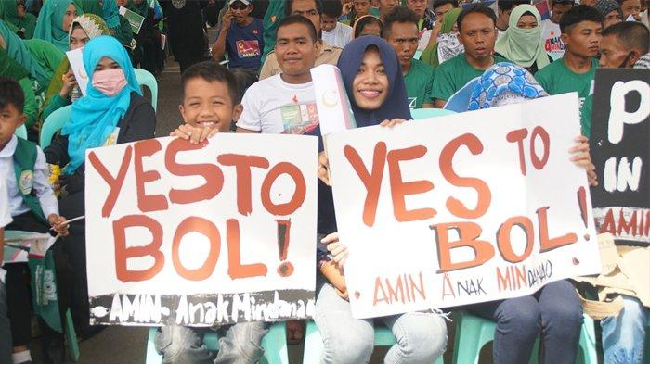

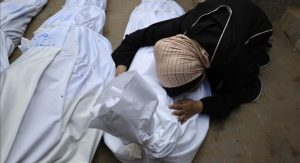

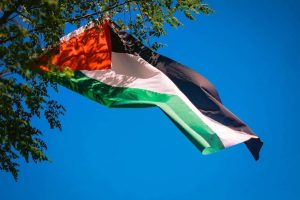
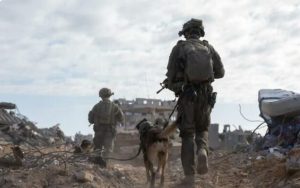
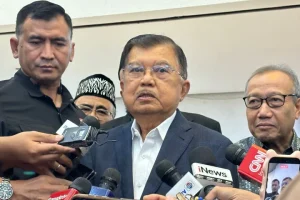
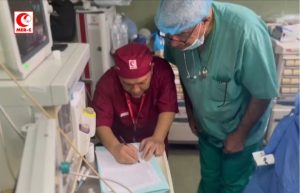
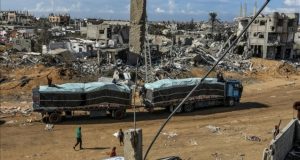
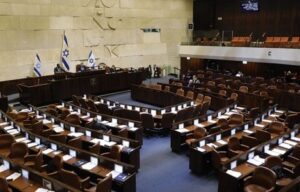
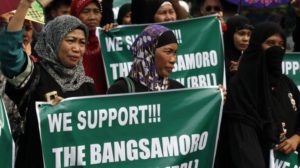
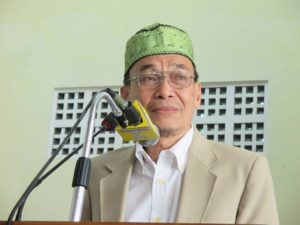
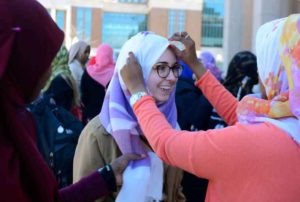
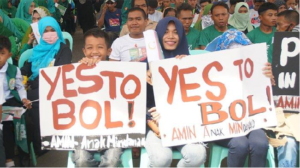
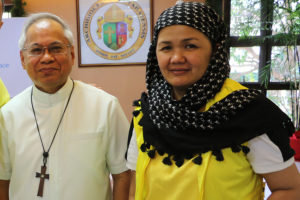



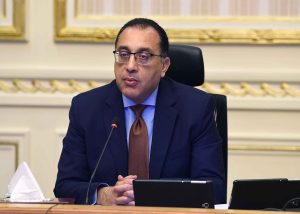


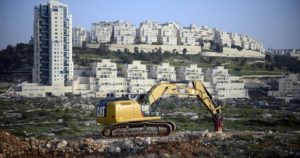


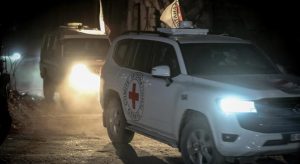




 Mina Indonesia
Mina Indonesia Mina Arabic
Mina Arabic